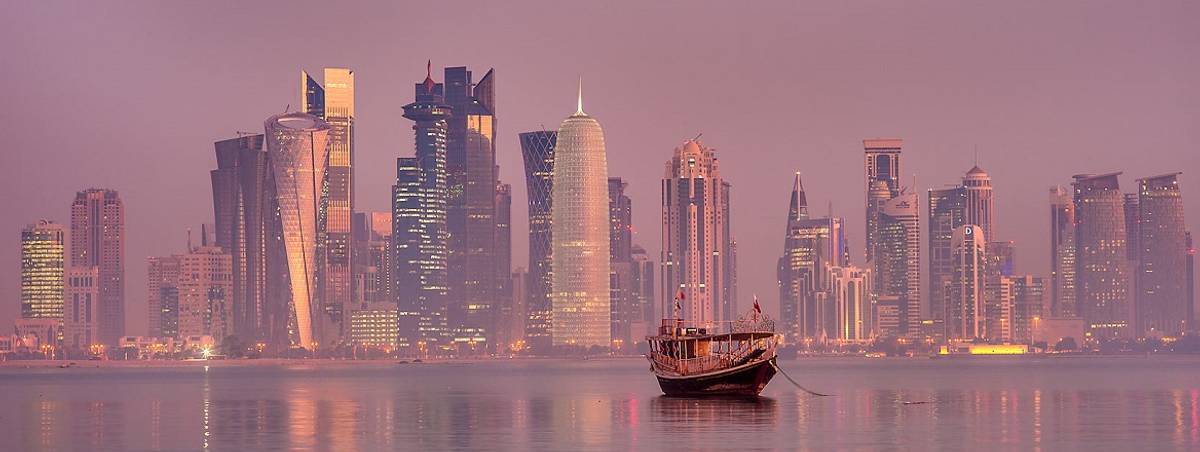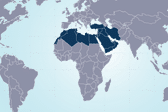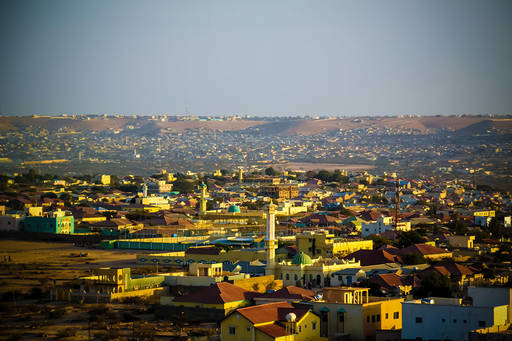The Middle East, North Africa and Turkey in the New Global Order Programme
This programme examines transnational dynamics in the Middle East, North Africa and Turkey within a shifting global order.
The Middle East, North Africa and Turkey (MENAT) is undergoing major transformation driven by intersecting political, security, social and economic risks and dynamics. The evolving regional order is being reshaped by intra-regional cooperation and competition, domestic trends, and shifting bilateral and multilateral relations – including through the legacies and evolving influence of external actors like Russia, China and India. States, societies and sub-regional institutions are playing a formative role in this evolution.
We conduct original research, produce and disseminate analysis, and organise outreach and activities, including publications, high-level workshops, and dialogue events. Our programme applies an empirical, policy-relevant approach to critically track the drivers of change confronting the region and to understand their impact. We engage in research-driven analysis to assess the evolution of new and persistent threats to security and defence cooperation in the region.
As global and regional powers vie for influence in a new era of geopolitical and geo-economic competition, the Middle East remains a critical battleground for shaping the 21st-century global order. Constellations of power are shifting as existing alliances are tested and new ones emerge, amid competing visions for the region’s future political and security order.
Programme priorities
The priorities of the MENAT programme include:
- Identifying and assessing new and emerging threats to regional stability, and developing practical, policy-oriented recommendations for the UK and its allies. A particular focus is on the evolution and spread of extremist non-state armed groups, analysing their shifting territorial presence, organisational adaptation, and expanding regional influence. Additionally, the programme assesses the use of emerging technologies –such as drones, encrypted communications, and AI-powered tools – by malign actors and works to support research to counter these threats.
- Tracking and evaluating the approach and impact of external powers, like Russia, China, and India in the region at a time of rising global competition and the emergence of new external actors seeking to influence the MENAT region. This links with wider themes on the evolution of competition between global orders and how regional security spaces are emerging as zones of contest within this shift.
- Improving collective understanding of regional players’ strategic interests and national security conceptions by providing objective and balanced access to the perspectives in the MENA and Turkey, particularly regarding foreign, defence and security policies, and relations with external powers, and responses to global trends.
- Identifying policy options for security decision-makers to assess and respond to political risks and threats.
Our experts
Dr Burcu Ozcelik
Senior Research Fellow, Middle East Security
International Security
Alaa Zoubi
Research Assistant, Middle East Security
International Security
Fellows
Dr Alessandro Arduino
RUSI Associate Fellow, International Security
Tamer Badawi
RUSI Associate Fellow, International Security
Oliver Blake
RUSI Senior Associate Fellow, International Security
Dr Tobias Borck
RUSI Senior Associate Fellow, RUSI International
The Rt. Hon. Alistair Burt
RUSI Distinguished Fellow, Director-General's Office
Ambassador Jonathan R. Cohen
RUSI Distinguished Fellow, RUSI International
Dr Serhat Erkmen
RUSI Associate Fellow, International Security
Professor Zaid Eyadat
RUSI Senior Associate Fellow, International Security
Dr Roxane Farmanfarmaian
RUSI Senior Associate Fellow, International Security
Nicholas Hopton
RUSI Distinguished Fellow, International Security
Clovis Meath Baker CMG OBE
RUSI Associate Fellow, RUSI International
Dr Talal Mohammad
RUSI Associate Fellow, International Security
Dr Julie Norman
RUSI Senior Associate Fellow, International Security
Sir William Patey KCMG LLD
RUSI Distinguished Fellow, RUSI International
Michael Stephens
RUSI Senior Associate Fellow, RUSI International
Dr Yaniv Voller
RUSI Associate Fellow, International Security; Terrorism & Conflict























